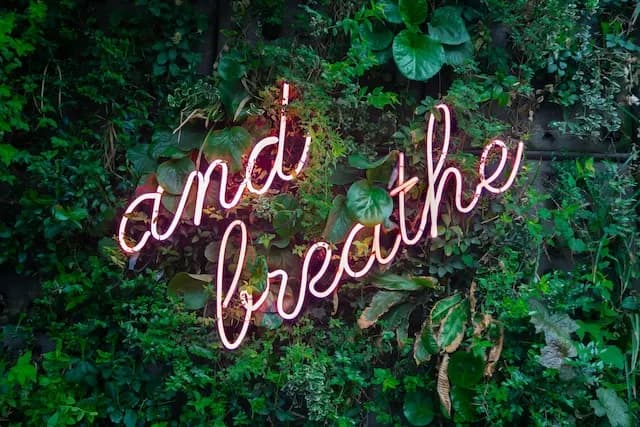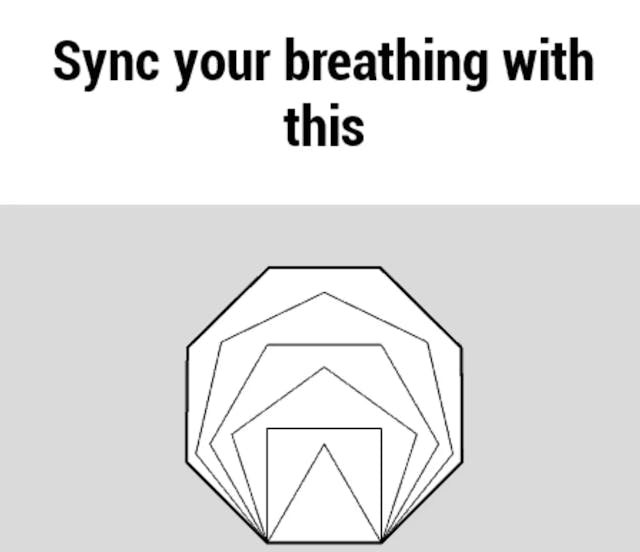The Power of Breath

Breath is essential to life. It is the first thing we do when we are born and the last thing we do when we leave. In between that time, we take about half a billion breaths.
Stress is also an integral part of our life. The term ‘fight or flight’ is commonly called the stress response and is what the body does as it prepares to confront or avoid danger. Associated with the sympathetic nervous system, when appropriately invoked, the stress response helps us rise to many challenges (eustress). But trouble starts when this response is constantly provoked by less momentous, day-to-day events, such as money woes, traffic jams, job worries, or relationship problems (distress). When the body’s stress response is overworked, a buildup of distress is created, leading to serious health concerns such as high blood pressure, increased risk for heart disease, increased susceptibility to colds and other illnesses, as well as chronic anxiety.
While we can’t avoid all sources of stress in our lives, it is possible to develop healthier ways of responding to stress. The first step is learning to consciously breathe deeply. Deep breathing also goes by the names of diaphragmatic breathing, abdominal breathing, belly breathing, and paced respiration.
When you breathe deeply, the air coming in through your nose fully fills your lungs and the lower belly expands. For many of us, deep breathing seems unnatural. One reason for this may be that our culture correlates attractiveness with a flat tummy. This body image has a negative impact on respiration as people tend to hold in their stomach muscles which interferes with deep breathing and gradually makes shallow chest breathing seem normal.
Shallow breathing leads to feeling more tense and anxious. It brings less oxygen into our bodies which means that our brain is getting less oxygen, leading to possible difficulty concentrating and focusing. Shallow breathing also signals the body to create more red blood cells in our bloodstreams which makes our hearts have to work harder and beat faster which then makes us feel more nervous and anxious. Chest breathing’s effects are not ideal, especially when in the midst of a stressful situation, and shallow breathing often begets more shallow breathing, creating an unhelpful cycle.
Deep abdominal breathing engages the diaphragm, a muscle that separates the chest from the abdomen. As you deeply inhale, the diaphragm pulls down, pressing the abdominal organs out of the way to make space for the lungs to fill completely. As you exhale, the diaphragm presses upwards, helping to expel carbon dioxide.
Diaphragmatic breathing also engages the parasympathetic nervous system, which, most simply described, works in opposition to the sympathetic nervous system (the system associated with the ‘fight or flight’ response). Thus, when the parasympathetic nervous system turns on via taking deep breaths, the stress response decreases. Consequently, just by taking deeper breaths, you reverse the stress response and begin to slow your heart rate, lower your blood pressure and calm the mind and body. Deep abdominal breathing encourages full and efficient oxygen exchange and engages muscles in the abdomen as opposed to using muscles in the upper chest and neck, which often feel tight or tense when stressed, a tension which is exacerbated by the use of those muscles when breathing shallowly.
Often it can be difficult to remember to use the breath as a way to manage stress when already feeling stressed. One way to develop the breath as a tool is to consciously practice breathing deeply. Begin by taking three to five deep, slow belly breaths right now, inhaling and exhaling through the nose. Build up to practicing abdominal breathing three times a week, taking three to 10 breaths each time. This practice can happen anywhere and at any time — while waiting in line at the store, during your commute, when watching tv, upon first waking in the morning, or when laying down in bed before sleep.
Researchers have documented the benefits of a regular practice of simple, deep breathing which include:
- Reduce anxiety and depression
- Lower/stabilize blood pressure
- Increase energy levels
- Muscle relaxation
- Decrease feelings of stress and overwhelm
- Strengthen immune system
- Reduce pain and activation of pain centers in brain
- Improve sleep
- Reduce impulsivity
- Strengthen ability to regulate emotion
- Increase happiness and optimism
Consciously practicing deep breathing when not distressed will enable you to more easily use the breath as a tool to help manage stress, while also reaping the above benefits. Science shows that the breath changes depending on how we feel and we can also change how we feel by using our breath. Pretty powerful.


